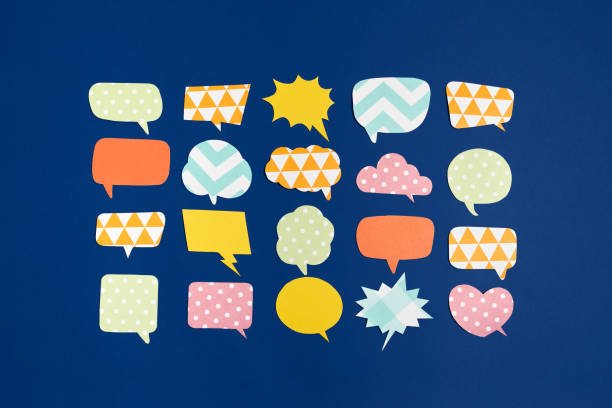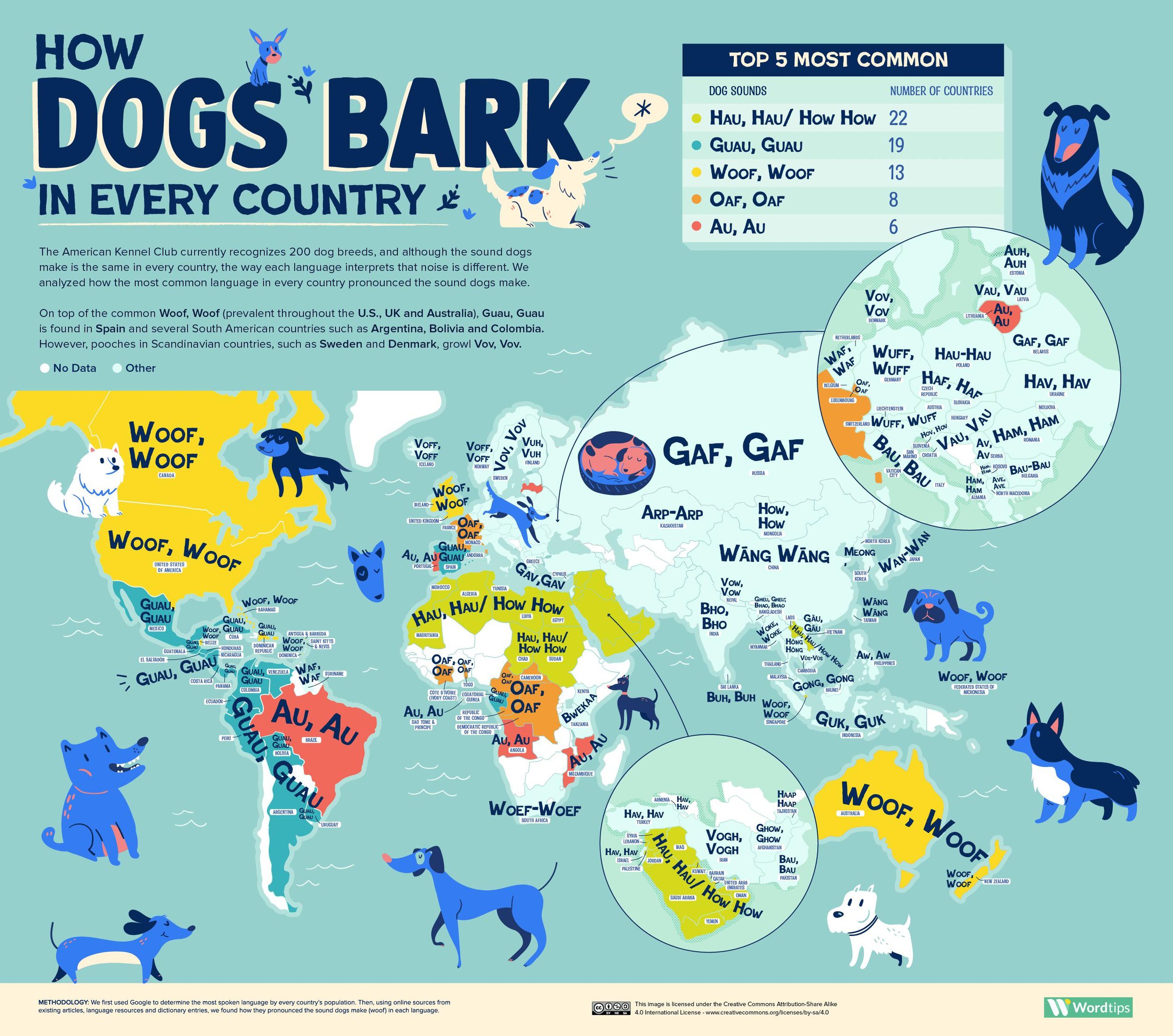In the Loop: January 2024
A Wunderbar Newsletter
I'm a native English speaker, but I speak neither American English nor British English. Imagine American and British English stacked on top of each other but with a tuque on top, eh? Sprinkle in some not-from-France French and a few European swear words, and there you have it. C'est la vie!
Code-switching happens all the time. That can mean sneaking in foreign languages in conversations. It can mean babbling to your dog when he's the goodest little good pupper ever. (My sister is completely unrecognizable when she uses her "customer service voice.") Read on for some bits and bobs about code-switching and multilingual jibber-jabber. Love you mucho!
Editing Q & A: Proper Chuffed
Foreign words and phrases from another language are typically italicized if they do not appear in a dictionary like Merriam-Webster’s. This includes words like bonheur, Entschuldigung, and mujer. Words that have become familiar over time through general usage, however, do not need italics. This includes words and phrases like déjà-vu and doppelgänger and embargo.
However, proper nouns from other languages are generally not italicized, even on first mention (with the exception of book titles).
Example 1: The Premio Strega is the most prestigious Italian literary award.
Example 2:The governing body of soccer in Spain is the Real Federación Española de Fútbol.
Playlist: Songs That Sneak in Foreign Language Lyrics (Click the Image)
What's the Diff?
There are a lot of sneaky words out there—words with similar spellings, similar sounds, or just similar vibes. Here’s the lowdown on some of those commonly swapped-by-accident words.
Toward vs. towards: Both toward and towards mean in the direction of or in relation to or not long before. So, what’s the diff? The difference is that the preferred form in American English is toward, but the ruling form in British English is towards. The same is true for other directional words like forward, backward, upward, and downward. If you’re writing for a British audience, go ahead and add that s, but if you are American and/or writing for Americans, you get no s.
Cool Guide: Code-Switching with Dogs
Stuff We Like
Read this NPR story about how code-switching explains the world. Or this NPR story about why people code switch.
Troy and Abed from Community rap in Spanish. Es fantástico!
Check out these wacky alien languages that were created by linguists.
Sacre bleu! Find out how to exclaim!
Duo Lingo but for how to talk to kids, LOL.
Check out this piece on “Slinglish,” or Singapore English, and the ways that people talk about code switching there.
Die Bart, Die! “No one who speaks German could be an evil man.”
The Guardian wants to know if English syllables actually exist. That’s gonna be a yes for me, dawg.
A podcast on neurodiversity and code switching, and how people with autism navigate different styles of communication in their professional lives.
Who’s a good boy? Why baby talk improves our bond with dogs.
Feeling a little malicioso? These are the most scathing book reviews of 2023.
Bad Bunny switched to Spanish when he hosted SNL. “I don’t know if they know, but I do whatever I want.”
Want to do some cussing? Here is a user’s guide to the best swear in every language. Or check out Babbel’s version of top-notch foul language.
Michelle Obama talked about race and code-switching in her memoir.
Hahaha (I’m a sucker for very specific open letters.)
Pay It Forward: Michelle and Carrie Try a Different Something New
And now for something completely different: PostScript gives you a one-of-a-kind crossword puzzle, made exclusively for our friends, well-wishers, readers, role models, neighbors, mentors, and editing newsletter fans. Here's a special hint: the "big" answers align with a certain newsletter's theme. But you have to click over to the blog to see the crossword!
Stay tuned for upcoming Pay It Forward guest bloggers!




